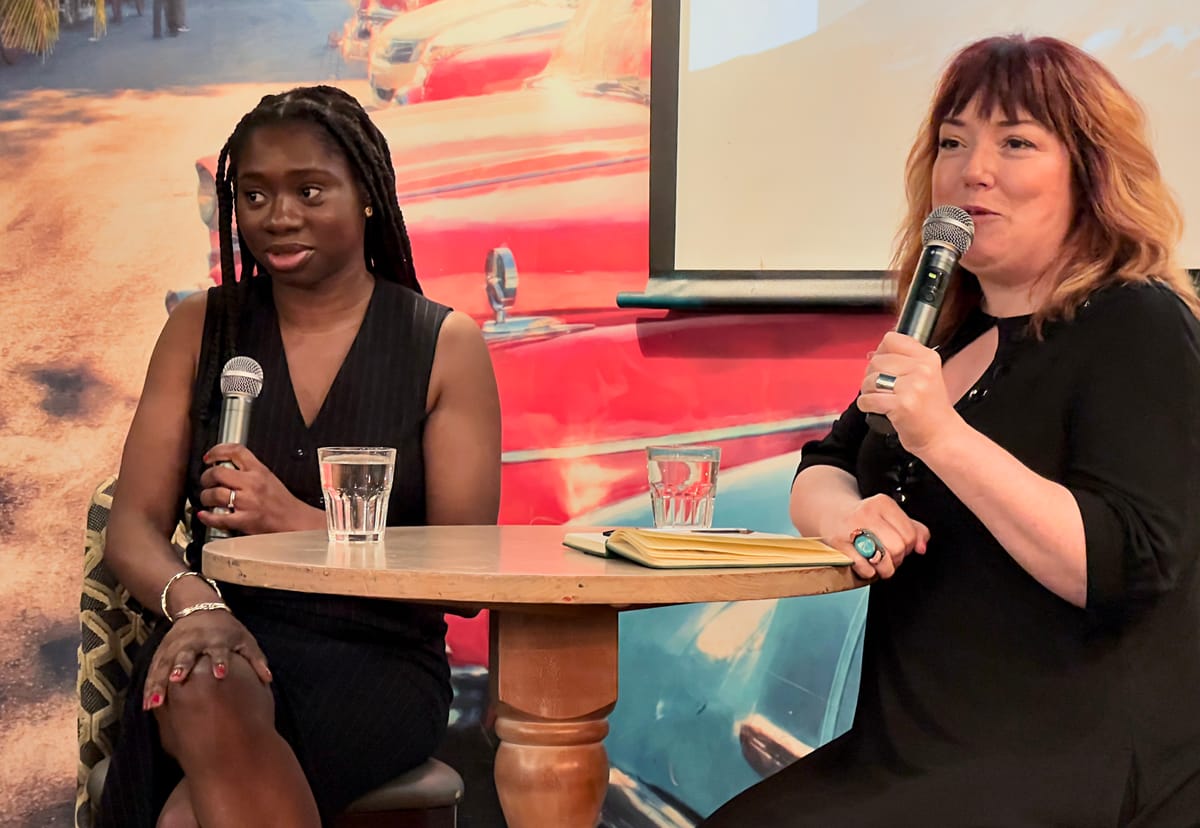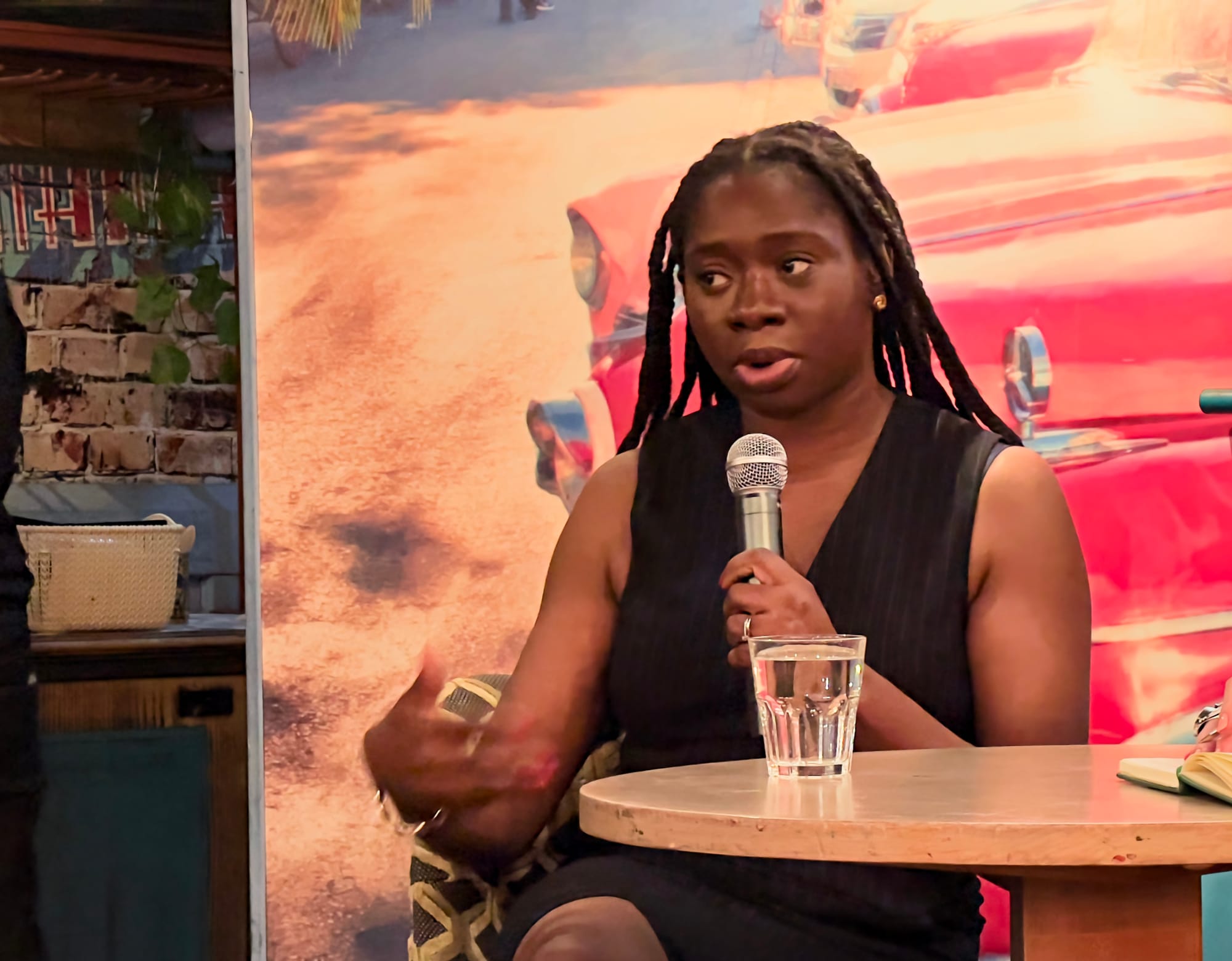Commercial lessons from the Black Ballad founder’s newsletter
How a weekly newsletter has become central to both the community building and monetisation of a ground-breaking website for black women.

Notes from a discussion between Tobi Oredein, CEO & founder of Black Ballad, and Joanna Cummings, editorial director of The Grub Street Journal.
Using newsletters to drive commercial success
Black Ballad has two newsletters:
- The Friday night members' newsletter, with news roundup and events
- Founder’s newsletter — written every Sunday night (bar three weeks a year) by Tobi. No limits — she’ll write about anything that’s happening in the week that black women would want a voice on.
She’s been writing this newsletter for seven years, in an industry that rarely gives prominence to people who look like her. It was initially about keeping her writing muscles exercised — but also to build a bond with the readers. The newsletter’s free, so it’s a way of building a relationship with people who can’t afford or who aren’t ready to subscribe just yet.
It’s been the most integral part of building the relationship with the audience. People build connections with humans, not brands. Black women weren’t served by the media at the time Black Ballad was coming out. They tended to show lighter skinned or mixed race women instead.
As her life has changed, she’s brought the readers with her — through marriage and motherhood. “It makes people really trust the brand and where I was coming from,” she says. “I explained things through the newsletter: the memberships, the crowdfund. And I talked about it when I got things wrong.”
People often subscribe for several months before a particular newsletter triggers them to subscribe. She tries to avoid being the face of Black Ballad because they have so many great writers — but she admits in many ways she is.
Monetisation

Two strands:
- Individual Membership — monthly or yearly for access to content and events
- Group subscriptions — university departments that buy subscriptions for their students and academics, especially for courses around blackness. But it goes beyond that to anyone studying black women as a particular cohort.
They also have brand partnerships, with both global and smaller bands, that want to pay to access and engage this community. The newsletter was the first thing a brand sponsored. They don’t do display because they’re a membership platform, and they want an appealing experience for the members. They were approached by South Bank wanted to advertise an exhibition, which she did a 200 word PoV piece about why people should go. And now people can buy the whole newsletter, as long as Tobi approves of the brand, and is thus prepared to write about it.
“I realised that this was working because of trust because if I’m trying it and endorsing it, black women will give it a go,” she says.
They now do 360 partnerships, which include events — but the vast majority of the time she introduces the partnership via the newsletter. “It’s almost like a soft launch of the partnership, it prepares the audience a little bit for what’s coming,” she says.
“For years, brands have ignored black women, even though we had the money to buy things. There’s a lot of work brands need to do to build trust.”
The Black Ballad team
There are three full-time members of staff. She concentrates on the brand partnerships, as founder. They have a head of editorial, who manages all the content. And they have somebody who handles the membership, data, and technology side of the business. Their social team is freelance.
“Social has changed, and we see each channel as a different language.” She says. “We’re trying specialists in each channel.”
Their retention rate is hovering around 95%, slightly down from a high of 98%. “It’s not the biggest source of revenue, but it’s the most important. It’s the one that holds me to account.”
Plus, if you want evidence that black women have money to spend, the fact that they’re spending on a discretionary purchase like this, suggests that they do.





